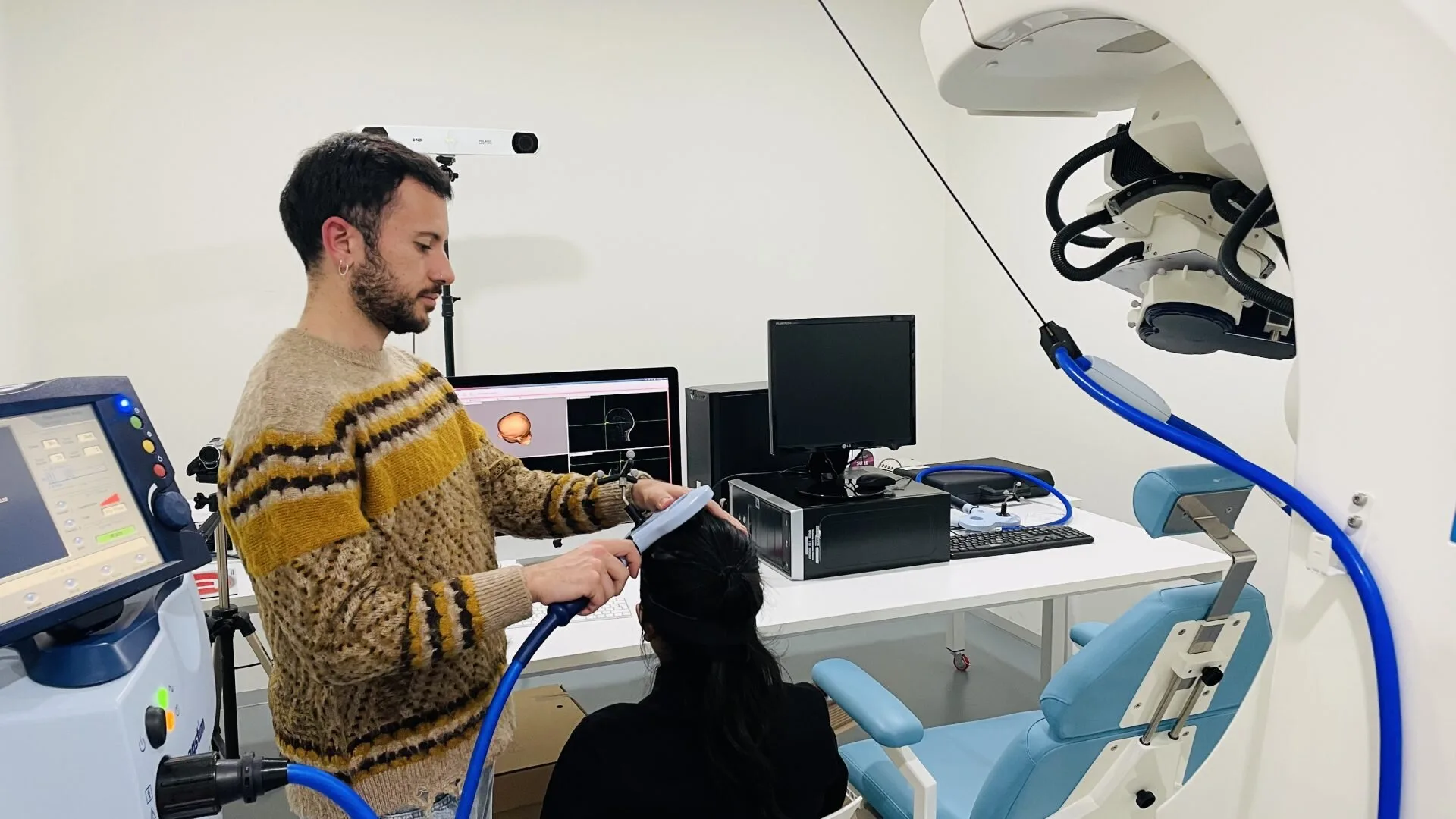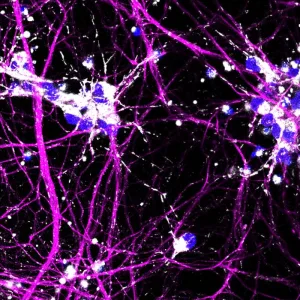Understanding Food Cravings: How Impulsivity Affects Overeating
New research from the Mind, Brain, and Behavior Research Center (CIMCYC) at the University of Granada sheds light on why some individuals struggle to resist tempting, unhealthy foods. The study reveals a fascinating interplay between impulsive urges and conscious thought processes, particularly in overweight individuals and those prone to binge eating.
The Battle Within: Impulses vs. Reflection
When confronted with highly palatable, yet unhealthy food cues, the research indicates that many individuals with weight issues or a tendency to overeat experience a surge in impulsive system activity. This heightened impulsivity often overshadows the reflective or conscious thinking system, making it difficult to make rational food choices.
Key Findings:
- Hyperactive Impulsive System: Overweight individuals and binge eaters often exhibit an overactive impulsive response when exposed to tempting foods.
- Suppressed Reflective Thinking: The conscious, reflective thought processes that help control impulses tend to take a backseat in these individuals.
The Science Behind the Cravings
This research highlights the neurological factors that contribute to overeating and weight management challenges. Understanding these mechanisms is crucial for developing more effective strategies to help people make healthier food choices.
- Neurological Basis: The study emphasizes the role of brain function in food cravings and impulsive eating behaviors.
- Implications for Intervention: By targeting the impulsive system and strengthening reflective thought, interventions can be tailored to address the root causes of overeating.
Practical Applications and Future Directions
These findings have significant implications for developing interventions aimed at promoting healthier eating habits. By understanding the interplay between impulsive and reflective systems, researchers can design more effective strategies to help individuals manage cravings and make better food choices.
- Targeted Interventions: Tailoring interventions to address the specific neurological factors involved in overeating.
- Promoting Healthy Choices: Developing strategies to strengthen reflective thought and reduce impulsive responses to food cues.
Final Overview
The University of Granada’s research provides valuable insights into the complex relationship between impulsivity, reflective thinking, and food choices. By understanding these mechanisms, we can pave the way for more effective interventions to combat overeating and promote healthier lifestyles. This research underscores the importance of considering neurological factors in addressing weight management and dietary behaviors.



+ There are no comments
Add yours